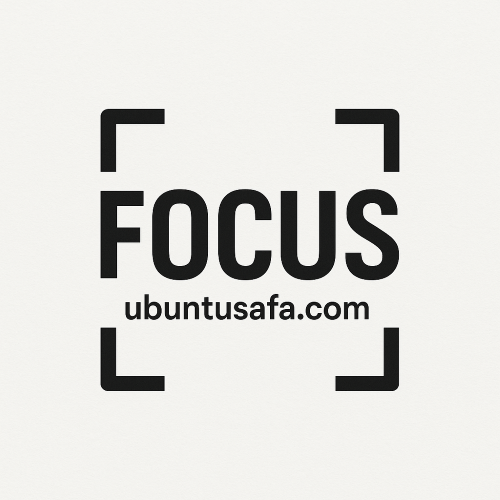Has South Sudan’s independence in 2011 truly translated into political freedom and stability for its citizens?

South Sudan’s independence in 2011 kindled hope for freedom and stability—but over the years, that promise has largely unraveled.
The deep-rooted issues of authoritarian governance, ethnic violence, and institutional breakdown have persisted, punctuated by periodic eruptions of conflict.

Political Freedom & Governance
Independence went badly off course. Although the 2011 Transitional Constitution assured civil liberties, it quickly became clear that real freedoms were severely restricted:
-
President Salva Kiir consolidated power early on—dismissing his entire cabinet and Vice President Riek Machar in 2013—and thereafter wielded sweeping executive authority with little accountability or legislative independence. Reform of the constitution was dominated by elites, and policymaking remained opaque and exclusive.
-
Freedom House consistently rates South Sudan as “not free,” highlighting severe deficits in political pluralism, institutional functioning, transparency, and accountability.
-
The ruling SPLM continues to dominate the political landscape. Opposition parties struggle to operate effectively, while key governance structures remain corrupt and opaque.
Security & Civil Liberties
Violence and suppression of dissent remain widespread:
-
South Sudan near-immediately descended into civil war in 2013, sowing deep ethnic divisions and mass violence. One of the most horrific instances was the Nuer massacre in December 2013, where tens of thousands of Nuer civilians were killed in an orchestrated attack by forces aligned with the Dinka-led government.
-
Human rights abuses—including extrajudicial killings, abductions, torture, and wartime atrocities—have been extensively documented by organizations like Amnesty International and the UN, with widespread impunity.
-
Freedom of the press has eroded dramatically. Journalists face threats, detentions, and even fatalities. Many outlets have been shut down or self-censored under pressure from the National Security Service (NSS).
-
Civil society and NGOs encounter intense restrictions and intimidation, including restrictive legislation, harassment, asset seizures, and expulsions of humanitarian actors.
Institutional Collapse & Ongoing Instability
Strong state institutions never took root, fostering persistent fragility:
-
Governance structures remain weak due to constitutional flaws and neopatrimonial practices that centralized power around the president, limiting checks and balances.
-
Security structures remain fragmented and ethnicized, with militarized factions prioritizing loyalty over service—fomenting continuous instability.
-
Corruption is endemic. Elites—including military and presidential circles—control oil wealth and siphon resources, further entrenching inequality and undermining state functionality.
Recent Developments & Crisis: 2025
Fragility intensified this year:
-
In March 2025, President Kiir’s arrest of Vice President Riek Machar—an act threatening to collapse the 2018 peace agreement—sparked international alarm and fears of renewed civil war. Gunfire was reported in Juba, embassies evacuated, and violence encroached upon humanitarian and UN personnel.
-
The African Commission on Human and Peoples’ Rights has formally expressed concern over escalating violence, arbitrary detentions, and the failure to implement transitional reforms or justice mechanisms under the R-ARCSS.
-
Amnesty International reports that freedom of expression, association, peaceful assembly, and movement continue to be severely curtailed; state security services operate with impunity, and the vast majority of the population remains in urgent need of humanitarian assistance—over 75% require support.
Conclusion
South Sudan’s independence offered a chance at freedom and prosperity—but that vision has largely been eclipsed by entrenched authoritarianism, ethnic conflict, institutional decay, widespread human rights abuses, and periodic collapse.
Political freedom is severely limited—state structures remain unaccountable, opposition voices suppressed, and journalism stifled. Stability is elusive; the threat of renewed civil war remains high, especially after violent political maneuvers like the 2025 arrest of Machar.
In short: independence has not delivered political freedom or stable governance—instead, South Sudan remains fragile, authoritarian, and far from the democratic aspirations at its birth.
- Questions and Answers
- Opinion
- Motivational and Inspiring Story
- Technology
- Live and Let live
- Focus
- Geopolitics
- Military-Arms/Equipment
- Безопасность
- Economy
- Beasts of Nations
- Machine Tools-The “Mother Industry”
- Art
- Causes
- Crafts
- Dance
- Drinks
- Film/Movie
- Fitness
- Food
- Игры
- Gardening
- Health
- Главная
- Literature
- Music
- Networking
- Другое
- Party
- Religion
- Shopping
- Sports
- Theater
- Health and Wellness
- News
- Culture

